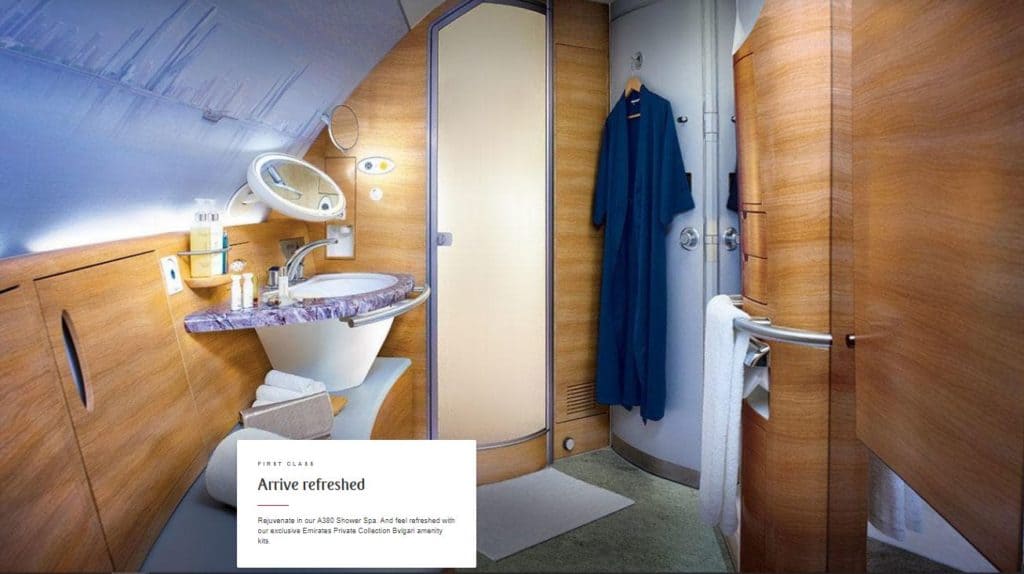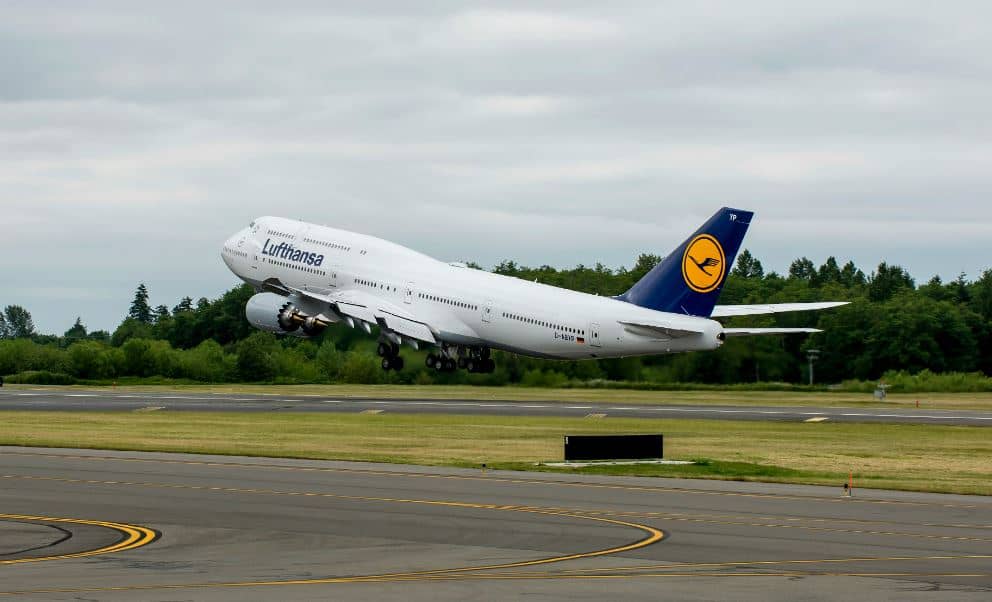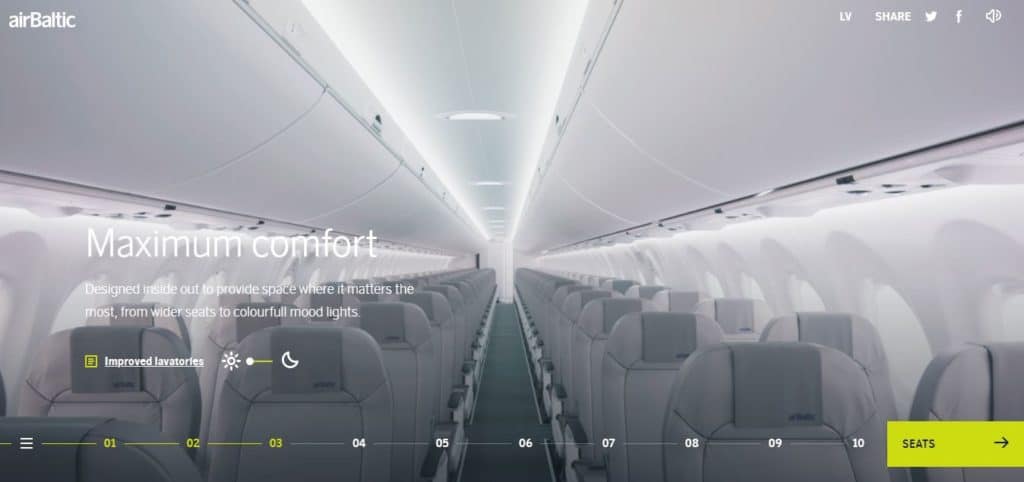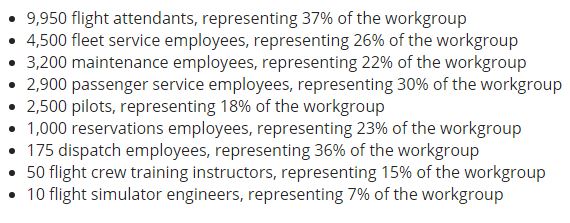MileValue is part of an affiliate sales network and receives compensation for sending traffic to partner sites, such as CreditCards.com. This compensation may impact how and where links appear on this site. This site does not include all financial companies or all available financial offers. Terms apply to American Express benefits and offers. Enrollment may be required for select American Express benefits and offers. Visit americanexpress.com to learn more.
Note: Some of the offers mentioned below may have changed or are no longer be available. You can view current offers here. All values of Membership Rewards are assigned based on the assumption, experience and opinions of the MileValue team and represent an estimate and not an actual value of points. Estimated value is not a fixed value and may not be the typical value enjoyed by card members.
We (definitely) do not know what we are going to get. For air travel, it is already in the cards and new evidence piles into the box every day.

Truth be told, no one knows the extent to which this pandemic will affect the industry. No one can predict when borders will open (and then close again), what restrictions may be in place and for how long, what passenger numbers will look like, and myriad of other factors.
But when there are more ancient 737-200 aircraft flying in the skies than the double-decker Airbus A380, you know the airline industry is going through a bit of an interesting time. We can certainly expect air travel to be different in many ways for quite some time to come, even far after the pandemic is over.
Let’s move about the cabin with our masks on and take a look at a couple factors.
Aircraft Retirements
It’s as if the virus has swept through the internals of aircraft as well. Some airlines which planned to retire aircraft in several years’ time all of a sudden had to pivot during the downturn of the pandemic. Many aircraft have stowed their tray tables and brought their seats into the upright position for the last time.
A380
As we mentioned back in May, the beloved double decker Airbus A380 was one of the first to be axed by several airlines. It was an aircraft loved by most passengers and flight crew alike for its unique experience. Carrying upwards of 800 passengers and some with onboard showers, takeoff was so smooth you may not even notice as it lifted off the runway.

Lufthansa was one of the first airlines to move up retirements of the A380 due to the pandemic. Air France was close behind and is retiring all of their double deckers. In June, Qantas announced they would be parking all 12 of their A380s until at least 2023. Some of those aircraft will be retired and it remains to be seen if the airline will choose massive storage costs over retiring the rest. Singapore Airlines is storing more than 20 aircraft in the Australian desert, including six of their A380s.
The Queen of the Skies
Also known as the Boeing 747, the iconic plane has been in service since the late 1960’s. In 2014, it also became the first wide body aircraft to reach 1,500 built.

But it, too, is seeing the sharp edge of the axe thanks to the pandemic. Lufthansa is the world’s largest operator of the 747 by number of seats, but has already sent five older 747s to greener pastures. Qantas is retiring all of its 747s. Thankfully, they had enough heart to give it a final sendoff by taking one on a farewell tour in Australia. British Airways was not so wholesome and recently announced the immediate retirement of all 31 of its 747s.
Good riddance
Where losing A380s and 747s can be sad news for aviation enthusiasts, other aircraft retirements are welcome news. For example, Air Baltic retired all of their 737 and Dash-8 aircraft. Many of these were older, uncomfortable aircraft, as we can tell you from personal experience. Now Air Baltic operates the youngest aircraft fleet in the world at a stunning average aircraft age of just 1.9 years. Not to mention, it is an all-Airbus A220 fleet, which is a real treat for passengers.

While some aircraft retirements have been unfortunate, some have also been positives. But the bottom line is that with so many retirements, this is sure to have a big impact on airline operations. There are simply less seats available. And with the financial pressures incurred as a result of the pandemic, many airlines are delaying delivery of new aircraft. This means we are looking at years of reduced fleet sizes, an effect of the pandemic which will manifest further implications in many ways.
Mass Layoffs
Airlines around the world have received tens of billions of dollars in government aid. Ten airlines in the U.S. received a $25 billion bailout. By accepting the money, airlines had to agree not to cut or furlough workers before October 1. Well, airlines have noticed that October 1 is coming up.
United Airlines previously announced 1,400 job cuts to management and administrative employees. They’ve since added to that number, announcing cuts to some 36,000 employees. This could include up to 2,250 pilot layoffs. American Airlines has warned 25,000 employees, about 25% of its workforce, that they may be out of work come October 1. Southwest Airlines CEO Gary Kelly has said passenger numbers need to triple by the end of 2020 in order to avoid the airline’s first ever involuntary layoffs.
Massive job cuts are certainly not just confined to U.S. airlines. Lufthansa announced earlier this month that it would lay off around 20% of its management positions. British Airways is looking to cut around 28% of its workforce, a move which has resulted in public as well as parliamentary pressure on the government to take away some of the airline’s landing and takeoff slots at London Heathrow. Losing slots at a high-traffic international airport would not be good for British Airways, who currently commands 51% of the slots while the next closest airline commands just 5%.
This breakdown of the numbers by Ben at One Mile At A Time perhaps hits the message home best. As we mentioned above, American Airlines sent 25,000 furlough notices to employees. These are the people that make up that ambiguously large number:
Such massive layoffs will have an effect on air travel in all aspects of the industry, from employee training to effective management control to daily operations and more.
Are there any good chocolates in this box?
Let’s summon Newton’s third law of motion – for every (negative) action, there is an equal and opposite (positive) reaction. Older aircraft which are being retired are replaced by newer aircraft such as the Airbus A350 and the Boeing 787. Such aircraft are friendlier to the environment with better fuel efficiency and less pollution. They also offer a better experience for the passenger, with improved air quality and less pressurization which means less jet lag.
Even though many A380s and 747s have been retired already, we will still see some of these aircraft in the skies. In fact, Emirates is the first to have brought the giant A380 back into service. In mid-July, for the first time since March, the A380 has resumed service to London and Paris from Dubai. It simply has to be seen that passenger demand is sufficient, and cost effective, to fly such large aircraft as the A380 and 747.
Final Approach
Reducing fleet size and employee numbers are but a couple factors which will impact travel for a long time to come as a result of the pandemic. With less aircraft and less airline employees, there will be less routes. With less routes, you may need more connections to get to you destination. Less routes can also mean less competition, which can lead to increased prices. And less employees in the front and back offices of airlines… well, you get the idea.
Airlines are on track to lose $84 billion this year and a further $15 billion in 2021 according to the International Air Transport Association. Us travelers should definitely be ready for a different ride in these years to come. We cannot even truly yet understand the full implications.
How do you think air travel will be different due to the pandemic? Please share your musings in the comments below.
Cheers and mask on.


